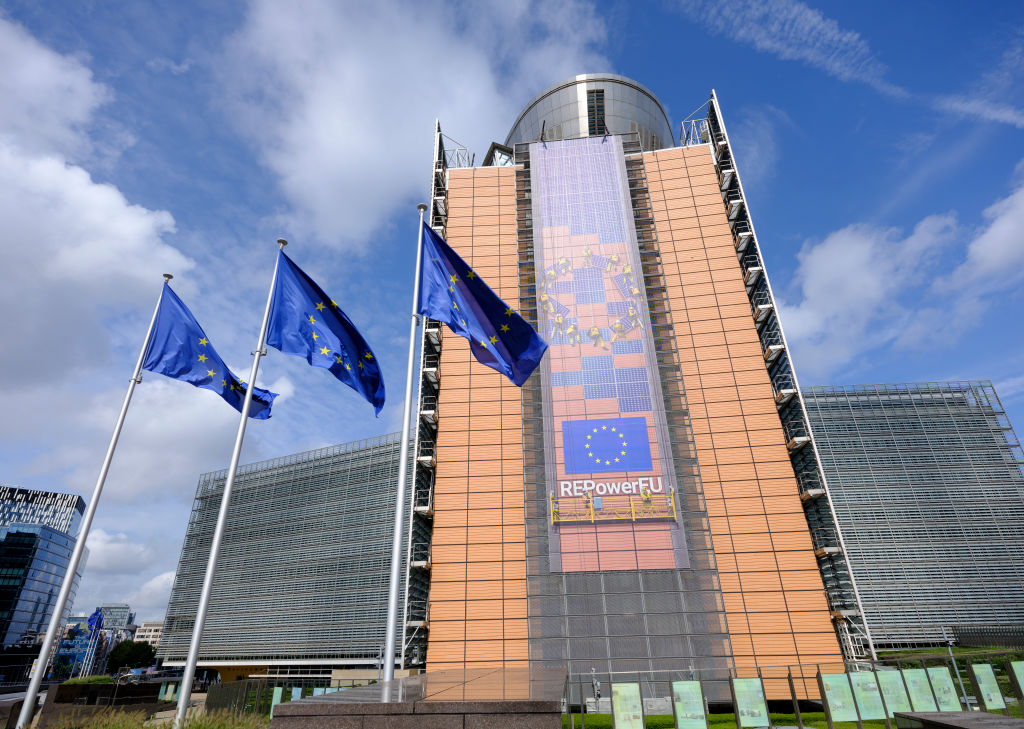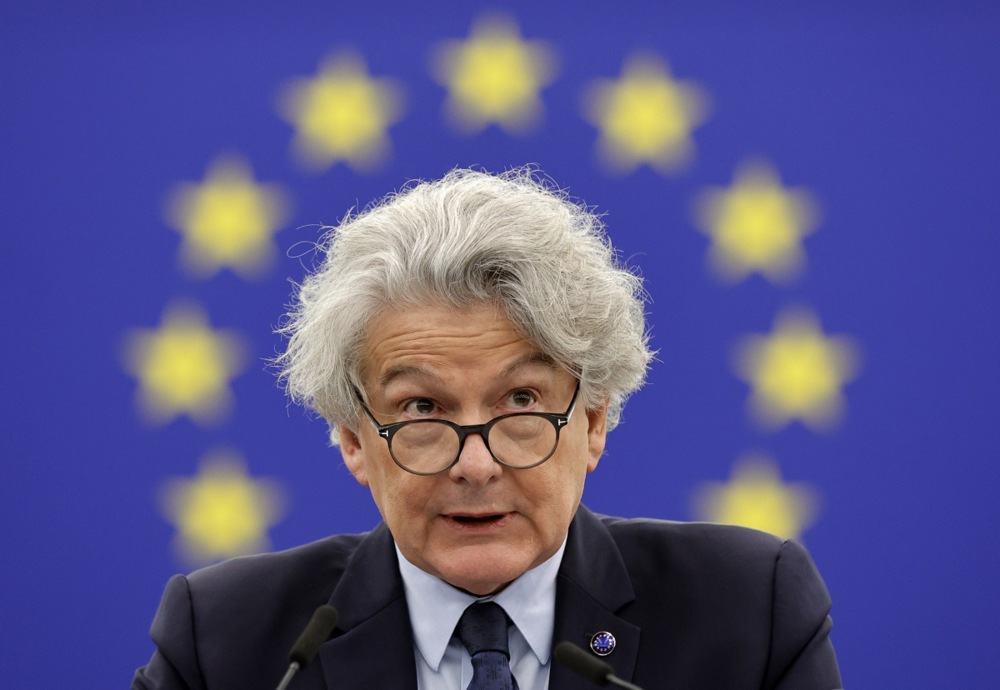The European Commission has launched preliminary investigations into almost all Big Tech companies as designated under the European Union’s new Digital Services Act (DSA).
Announced in a press release on January 18, the EC is looking to investigate claims that organisations have failed to give EU-approved researchers access to certain private data sets under the DSA.
Of the 19 services to which the DSA currently applies, the EC announced it was launching preliminary investigations into 17 of them. Each must provide information in regards to their alleged breaches of EU law.
The two entities not targeted are online “encyclopaedia” Wikipedia and Elon Musk’s X, formerly Twitter.
They seemingly did not receive any such demands because they had already been put under EC investigation in December last year over an alleged refusal to hand over data to approved researchers.
The other entities highlighted by the EC, including Amazon, LinkedIn, Facebook and numerous Google services, have until February 9 to provide the required information or risk possible EU sanctions.
Facebook and Instagram owner Meta has been hit with another legal complaint over its attempt to work around new restrictions imposed on it by the European Union’s Digital Services Act. https://t.co/EWfdPYOcoq
— Brussels Signal (@brusselssignal) January 11, 2024
Although the EC is now investigating almost all entities it originally designated as falling under the jurisdiction of the DSA by virtue of being Very Large Online Platforms (VLOPs), that does not mean it has run out of organisations to probe, experts say.
The body announced late last year it was planning to expand the number of VLOPs under the spotlight by adding several pornography sites, including Pornhub, XVideos and Stripchat.
That has been met with resistance from those involved; a representative from Pornhub previously insisted the site does not hit “eligibility requirements” for consideration under the DSA.
The act will also soon apply to all online platforms, not just those officially designated as VLOPs.
With full enforcement of the DSA set to start on February 17, this will mean many smaller platforms will also have to comply with EC demands regarding censorship of so-called “hate speech” and “disinformation”.
The European Commission has given third-party NGOs the power to police the internet under the Digital Services Act. So-called “trusted flaggers” will be allowed to patrol the web in a move likely to cause concern. https://t.co/P8YIzEkKbB
— Brussels Signal (@brusselssignal) January 11, 2024





